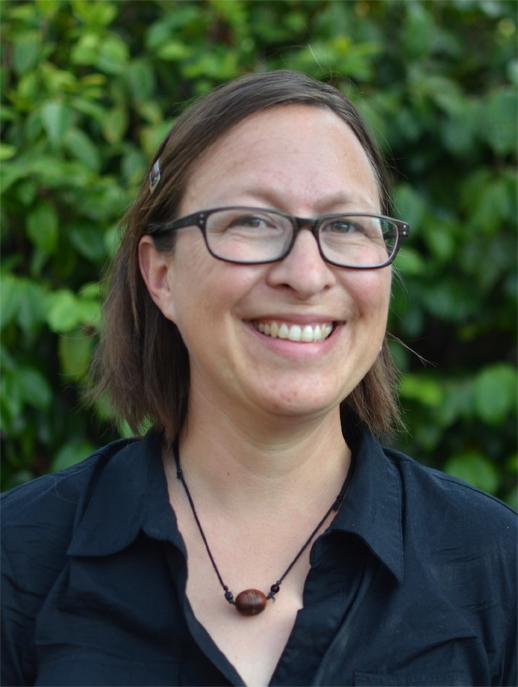Funded by the National Science Foundation, the Society for Freshwater Sciences (SFS) Emerge Program offers freshwater sciences experiences for scientists from historically underrepresented backgrounds in STEM. Undergraduates, graduates, and early-career scholars may join a collaboration-oriented learning environment to gain support at critical transitions through their career. Fellows attend the SFS annual meeting and river float trip, learn from data analysis workshops featuring datasets from the NSF’s National Environmental Observatory Network, and engage in year-round online group projects.
Emerge grew out of the SFS Instars Program, which launched in 2011 to promote the attendance of undergraduates from historically underrepresented backgrounds at the SFS Annual Meeting. Since its inception, the Instars Program has helped over 145 undergraduates participate in the Annual Meeting and gain mentorship from graduate students in the SFS. The first Emerge cohort has 26 fellows, and the SFS expects to deliver 700 training and mentorship experiences over the course of the program.

Dr. Patina Mendez, a continuing lecturer in the Department of Environmental Science, Policy, and Managemen and a specialist at the Essig Museum of Entomology, was a founding member at Instars and has since had multiple other roles at SFS. At Emerge, Mendez is a co-principal investigator and steering committee member, and she leads programming for Emerge’s collaborative online projects. During monthly meetings, Mendez helps fellows to understand the research questions and methods of freshwater scientists, as well as build the skills that are necessary for their careers.
“What we’re doing through this part of the program is building a community of learners who can work together as freshwater scientists of the future,” says Mendez. “We’re building spaces where contributors feel a sense of belonging, trust in the community, and share values in how we can work together.”
The Emerge Program creates a roadmap that institutions and organizations can use to build a more diverse and inclusive STEM workforce. The SFS recognizes that managing current and future freshwater challenges requires everyone’s ideas and efforts, which can be made at any point along an individual’s career path.
“I like that we’re bringing together scholars from all over the freshwater network, knitting together members from research groups who may not have yet worked together,” says Mendez. “We are building a community that will collaborate in the future, and providing avenues for careers in freshwater science.”
Learn more about the program in the video below.
